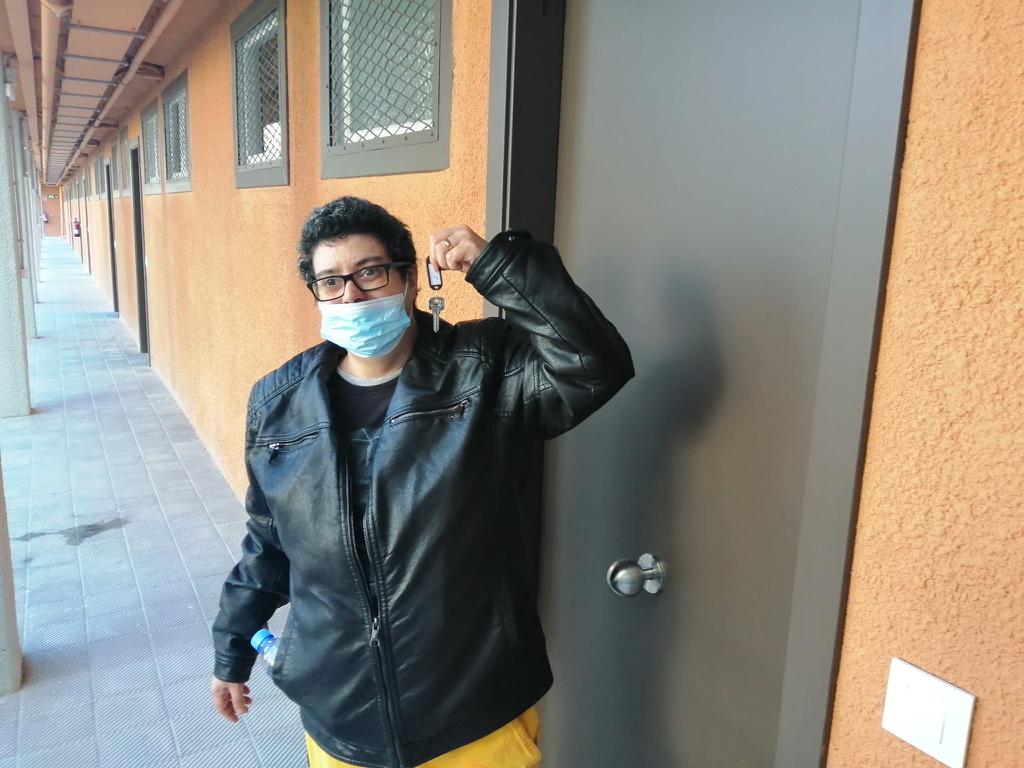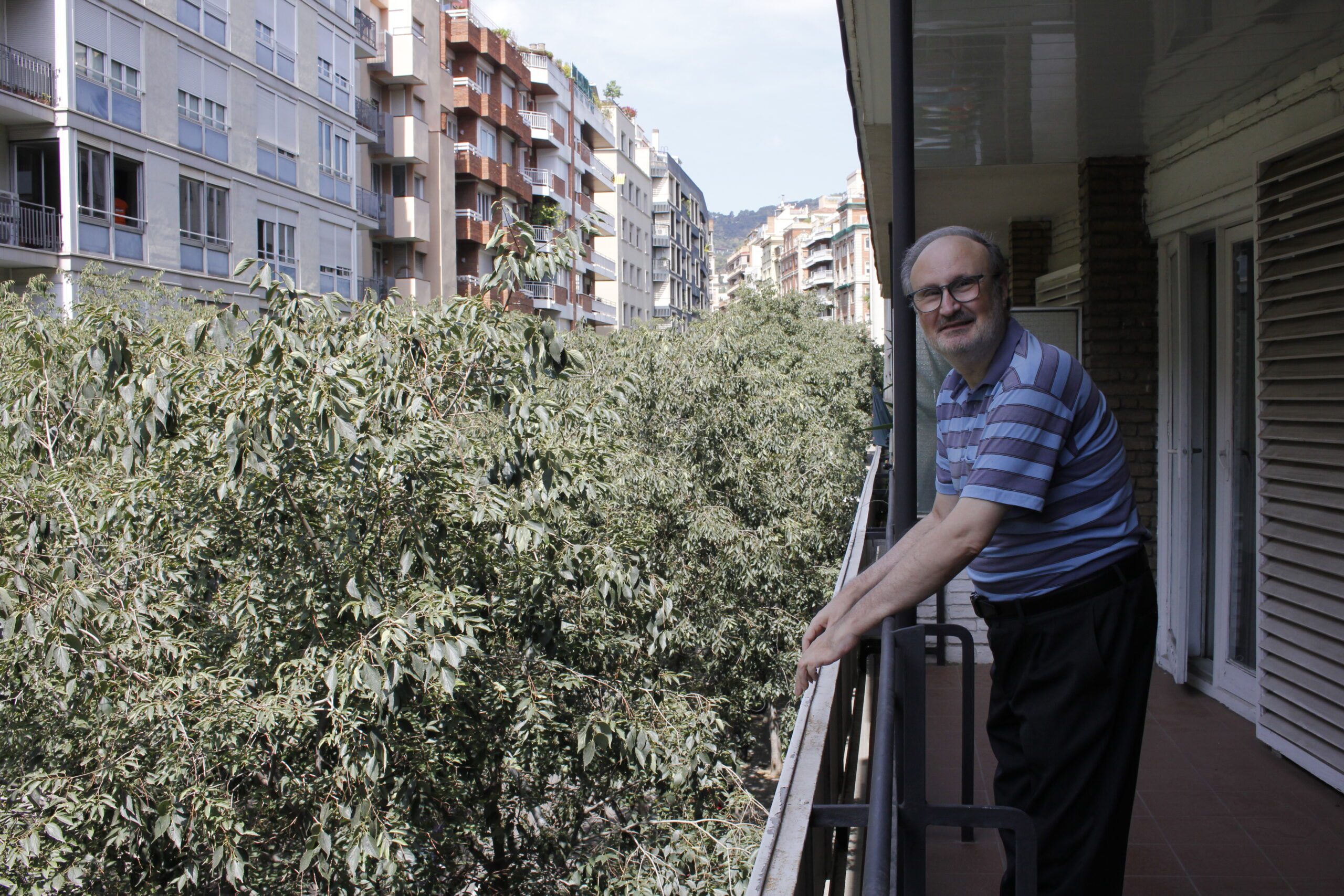Som – Fundació has participated in a study conducted by EASPD on inclusive housing and independent living. This collaboration has allowed us to bring the voices of people with disabilities and support teams to a European debate on how to make independent living possible.
In this report, the EASPD (European Association of Service providers for Persons with Disabilities) analyzes the state of inclusive housing in several European countries, including Spain. From Som – Fundació, we have contributed by providing information about the housing and independent living situation in our country, together with Dincat y Support Girona.
This collaboration strengthens the shared vision of the sector in Catalonia, aligned with the European movement for the rights and autonomy of people with disabilities. Taking part in this project allows us to highlight the work we do every day and to share the experience of our support teams and the people we accompany within a European space for reflection and learning.
The challenge of inclusive housing in Spain
In Spain, more than 350,000 people live in residential centres, of which over 32,000 have disabilities. Despite the approval of the State Strategy for a New Model of Community Care 2024–2030, progress towards deinstitutionalisation remains slow and uneven.
At Som – Fundació, we emphasise that the challenge is not only to have access to housing, but also to ensure the necessary supports so that each person can decide how they want to live, in accordance with the United Nations Convention on the Rights of Persons with Disabilities. This includes methodologies such as person-centred care in decision-making support, which place the person at the centre and respect their will and preferences.
In addition, factors such as the lack of social housing (only 1.7% of homes in Catalonia are allocated to social rent), the 44% increase in the price of accessible housing since 2015, and the fragmentation between social and housing services continue to be major obstacles to the autonomy of people with disabilities.


